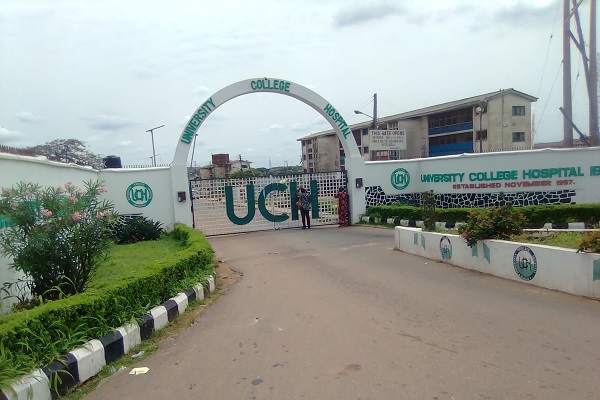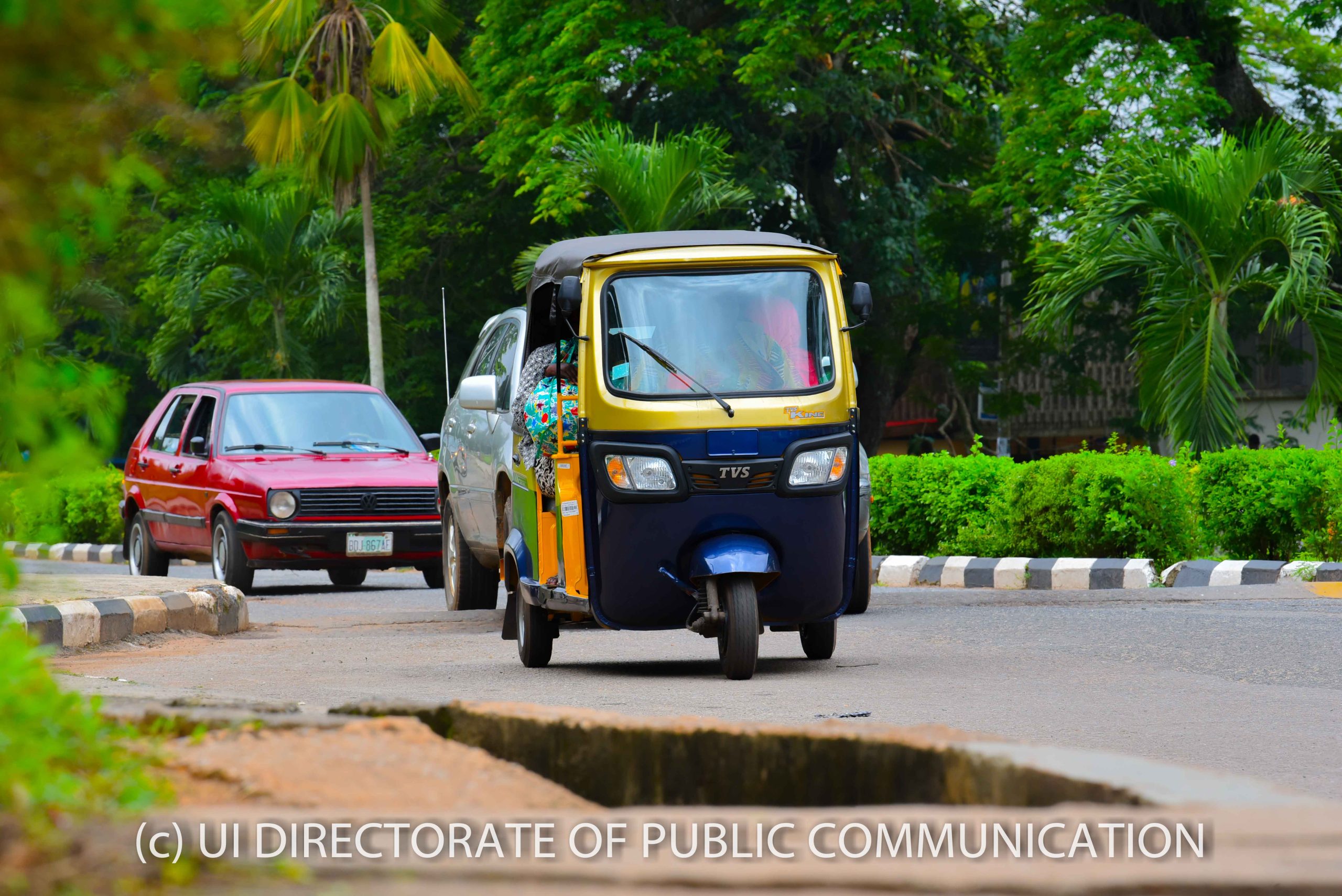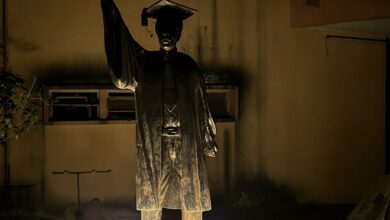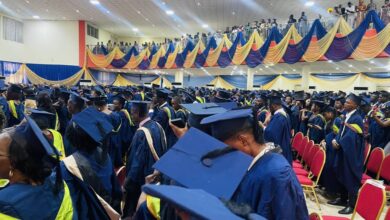372 Days In: The Tinubu-Led Administration and Nigerian Students

Seeing low-quality – but happiness-personified – videos of students in the Nnamdi Azikiwe Hall at the University of Ibadan chanting ‘Ellu-P’ as the electoral officers counted the votes in that polling unit is a memory many will never forget. For the millions of students tired of the two-sided power tussle since Nigeria’s democracy came to be, a third force doing incredible numbers at the polling units in student-dominated areas communicated that the youth were standing on business. It felt like the Labour Party’s candidate, Peter Obi, stood a chance until it didn’t feel like it anymore. Hours after INEC’s announcement, videos from all over the country bore a different look. For the most part, loss. A weighty loss.
As tragic as that sounds, it was still a coveted experience for these students who got to vote peacefully. In other metropolises like Lagos, a peaceful enfranchisement process was only a wish as voters were victims of attacks, and even electoral officers couldn’t escape the weapons wielded in pockets of unrest. There and then, they knew it was over and could only hope for results that never came. ‘Renewed Hope’ won. It’s been 372 Days since the President was sworn in. What better way to celebrate this seemingly insignificant milestone than to analyse the effect of his administration on the significant players here; Nigerians?
The Average Nigerian
Post-elections, it’s impossible to box the state of emotions of the masses into one category. A section of Nigerians strengthened their hope that – somehow – Mr. Peter Obi was going to emerge victorious as he proceeded to court, especially seeing that he did it once in Anambra’s gubernatorial elections. Another section claimed they weren’t too surprised, as they had given up on the country long ago and only had survival left of them. For some, that was the last straw and a cue to relocate abroad. Certain religious citizens mouthed prayer points modified to ‘God making Tinubu’s administration favourable for them and theirs’. All have had to face reality, regardless.
For the everyday Nigerian, recalling every jump in price between President Tinubu’s emergence and now would be a melancholic journey of deep, dark thoughts. But shelving such conversations won’t make them disappear, so why not? Our currency devaluation reached an all-time high in less than a year of the administration. Perhaps that’s too complex a concept to grasp, so consider this: 200 Naira might only get you four to five pieces of ata rodo in today’s Nigeria. In stores, cookies one would previously get for less than 500 Naira are now 1000 Naira and above. Impulsive purchases are now a thing of the past. As the sun rises and sets, the middle class is fizzling out, leaving just the poor and the rich, with the former becoming poorer and the latter, richer. Narrowing this down to just Nigerian students, what is the reality?
The Average Nigerian Student
For many, it felt like their voices were disregarded the umpteenth time. There’s a lot to unpack concerning the effect of this administration on students, especially considering just how many are still dependent. Watching allowances deflate to barely afford half of what could be bought some months back is heartbreaking. And that’s even for those who have an allowance. Is it the introduction of autonomy in universities accompanied by the bizarre Student Loan Act that we want to forget? Or the recently passed bill changing the National anthem amidst all other pressing issues? Suppose we admit, as tertiary students, that the latter doesn’t affect us as much, we would be wrong, as it reveals what this government considers a priority. In that case, the ripple effect of autonomy can’t be swept under the carpet. Students are on the verge of bidding formal education goodbye due to the exorbitant fees on school portals, some without proper explanation. This makes even less sense since the strike actions from bodies like ASUU still come back to hit – indirectly through the Nigerian Labour Congress.
Assuming students who supported the opposition LP and PDP feel disappointed, what do their counterpart Progressives feel? Do they feel disgraced? Do they wish they had voted differently? Interactions online and offline tell a different story. And even with the state of things, the consensus among said camp is to hold on to hope that they are vindicated. The number of out-of-school children the ‘Renewed Hope Education Roadmap’ plans to reduce is increasing. Students are graduating. And the job market is even more unwelcoming than before for these graduates. Going down an even narrower path, the fate of the apprentices of Hippocrates…
The Average Nigerian Medical Student
The learning environment contributes quite as much as the learner in an environment, and this is even more true for medical students. Nigeria has experienced four strike actions from the Nigeria Labour Congress in one year of presidency. This is twice the strike actions experienced in Buhari’s eight years of presidency. In UCH, for all four strike actions, sections of health workers were in solidarity with the NLC, force-discharging patients on admission and refusing to admit new cases. This is perplexing, especially considering the pedestal on which the University College Hospital is placed by citizens of the country. It’s also not a good sight for students who learn the art of medicine through the operations of UCH. The power outage in UCH got to a new high sometime in April 2024, after the last high in October 2023 – both under the same administration – and students have had to live, attend classes, go for postings, and fulfil all requirements as medical students in terrible living conditions. It gets worse when this occurs during medical board examinations.
Humangle reported a story about the owed salaries of workers in UCH since 2021. Federal workers had to show up for work even when they hadn’t received an alert with a narration titled ‘salary’ in over two years. While these issues stem from past administrations, the incumbent should make living conditions fairer. But that barely appears possible. The NLC going on strike again meant another power outage, health workers not showing up, etc., placing the health of so many Nigerians at risk – lives already at risk from the cost of living.
A seven-volume analysis of the effect of academic strikes on students, lecturers, blue-collar workers, and even the university system, compiled by two UIMSA Pressmen, revealed just how much of a devastating ripple effect strike actions were on brain drain. Now, combine that with bad governance. The underwhelming economy does nothing but scare medical students away from a future in Nigeria. More than ever, students seek means to study their way out of this country, plunging the doctor-to-patient ratio even further. For the minority with plans to serve their motherland, learning Medicine for job security, the reality of a poor-earning future awaits.
There are so many issues that need to be addressed. This is not a year-in-review deserving of champagne bottles. Looking forward to the next 372, we can’t even be assured of a celebration. It’s bleak, Nigeria.




